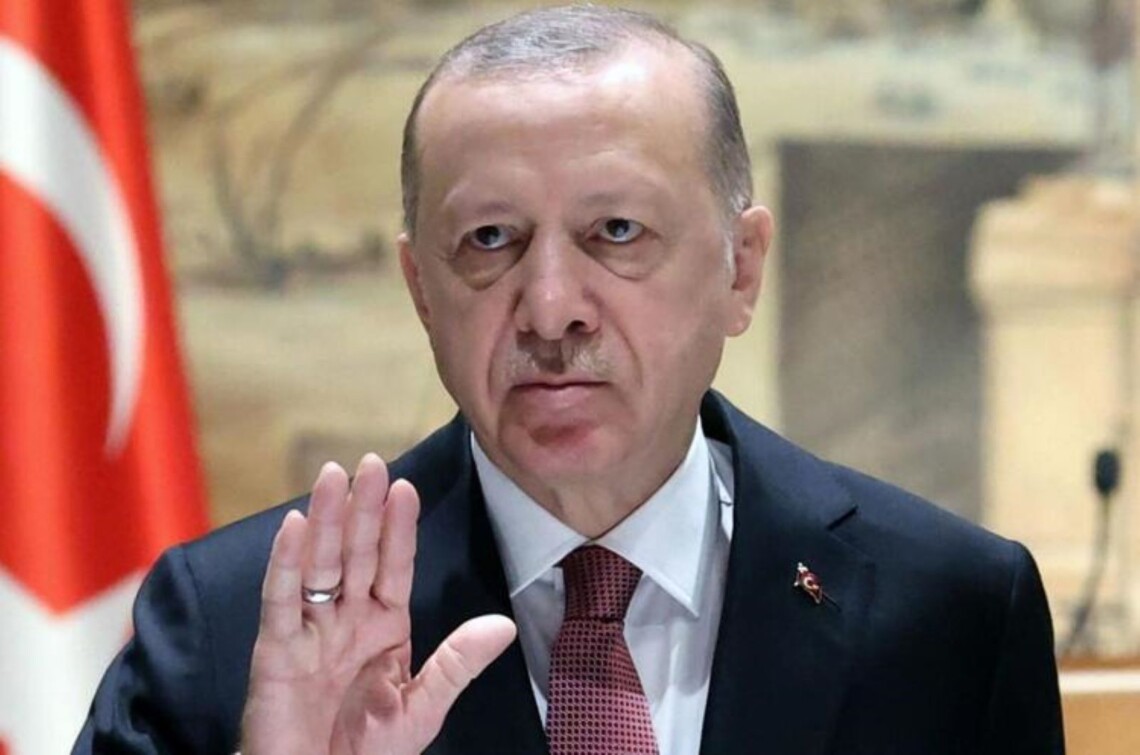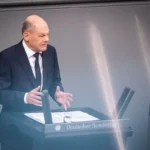In the midst of the energy crisis and humanitarian tension in Transnistria, Ankara has become the arena for complex negotiations between Russia and Moldova. The meeting, organized through the intermediation of Turkey, aims to find a compromise that can stabilize the situation in the region but also has profound implications for the security and economy of Europe.
Crisis in Transnistria: Energy as a Weapon
Transnistria remains a zone of uncertainty on the map of Europe. The humanitarian situation in the region has significantly worsened due to its dependence on Russian gas, which Moscow uses as a lever of influence. Without proper energy supplies, the majority of the population in the region faces the threat of a cold winter and economic isolation.
The Russian side, with representatives from “Gazprom,” the Presidential Administration, and the Ministry of Foreign Affairs in its delegation, has proposed two scenarios for resolving the conflict:
- Gradual Transfer of Authority: Involves the withdrawal of Russian troops from the region and the establishment of a ten-year transitional period for the integration of Transnistria into Moldova.
- Conflict Freeze: Continuation of Moscow’s support for the region through preferential gas supplies, as well as partial debt write-off by Moldova for gas in exchange for loyalty.
This information about the crisis resolution options surfaced in the media on January 9, but confirmation or refutation from official officials from any side – Russia, Turkey, or Moldova – has not yet taken place. Details are expected to be disclosed in the coming days.
Turkey’s Role in Conflict Resolution
Turkey, acting as a mediator, seeks to reduce tension between Moscow and Chisinau. Ankara actively persuades the Moldovan side to show flexibility in negotiations to avoid escalation that could go beyond the region.
This move by Turkey not only improves its international image but also strengthens Ankara’s influence in the Black Sea region. For the European Union, this is an important signal: Turkey can become a key player in stabilizing the situation, which directly affects the EU’s energy and security policy.
Moldova’s Energy Sector: Between a Rock and a Hard Place
For Moldova, the situation in Transnistria has become a serious challenge. On one hand, the government of Maia Sandu faces pressure from Western partners calling for a tougher stance towards Russia. On the other hand, energy dependence on Moscow forces Chisinau to seek compromises.
Brussels, in particular, urges Moldova to act more decisively but does not offer sufficient financial or technical assistance to reduce its reliance on Russian gas. In this context, negotiations in Ankara could be decisive in determining the future energy balance in the region.
How Does This Impact Europe?
The energy crisis in Moldova and Transnistria is already affecting the interests of the European Union. A reduction in supplies of Russian gas or its complete halt could trigger a new wave of energy tension in the region, as European countries are still recovering from the gas crisis of 2022.
Russia uses energy as a strategic weapon to influence the EU, which has already resulted in some countries depending on Russian gas. Pressure on Moldova and negotiations in Ankara could also impact Romania’s position – Moldova’s closest ally and an EU member.
Security Threats: Regional Destabilization
Transnistria, located near the border with Ukraine, remains a potential hot spot in Europe. Any escalation of the conflict could pose new challenges to the security of the entire region.
Turkish diplomats warn that the escalation of the conflict could have unpredictable consequences, especially at a time when Europe is focused on the war in Ukraine.
The Future of the Region
The negotiations in Ankara demonstrate how issues of energy and humanitarian crisis can influence the geopolitical balance. Turkey, taking on the role of a mediator, is opening a new chapter in the relationships between Russia, Moldova, and Europe.
These negotiations may serve as an example of how multilateral diplomacy can prevent escalation. However, whether there will be enough political will on all sides to achieve real results is a question that will remain open in the coming months.


